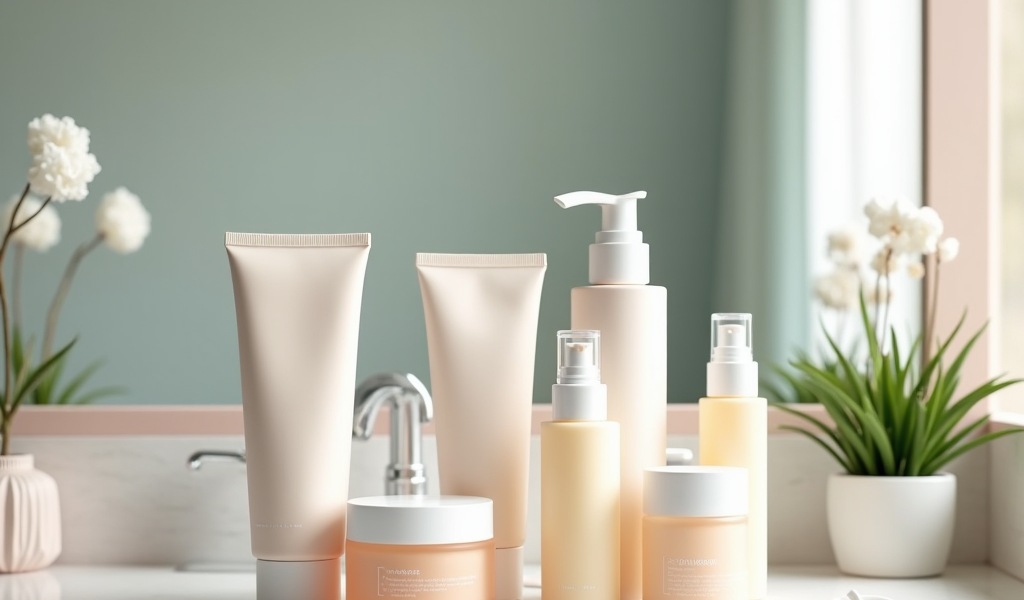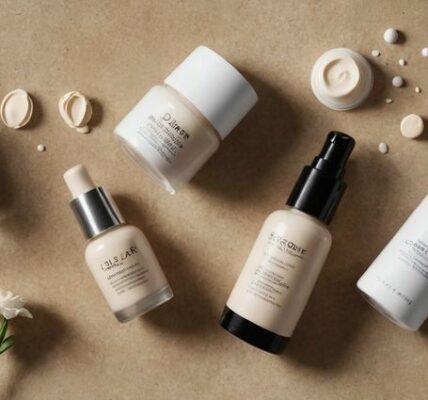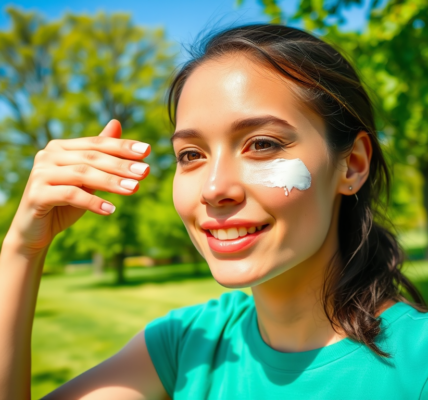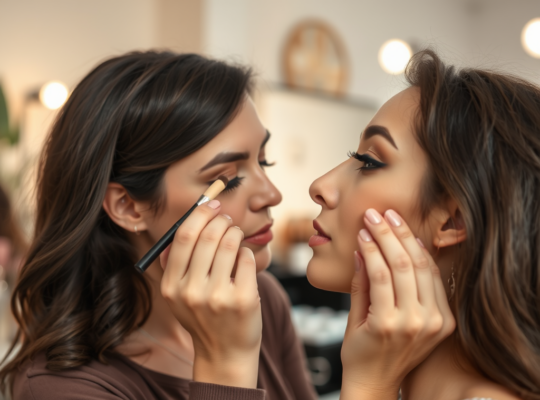There’s no denying that achieving smooth, even-textured skin is a common goal for many. Whether due to age, sun exposure, or lifestyle choices, our skin can develop various textural issues over time. Fortunately, there are effective strategies to help you attain a better skin texture. In this article, we will delve into nine expert tips to guide you on your journey to healthier, more radiant skin.
1. Understand Your Skin Type

Before implementing any skincare regimen, it’s crucial to identify your skin type. Whether you have oily, dry, combination, or sensitive skin, each type requires a different approach to maintain its health. Understanding your skin type allows you to select the right products and treatments, ensuring effectiveness while minimizing adverse reactions. For instance, those with oily skin may benefit from oil-free moisturizers, while individuals with dry skin might require richer, more hydrating creams.
Exfoliation is key in removing dead skin cells that can lead to a dull appearance and uneven texture. Regular exfoliation reveals the new skin beneath and helps unclog pores, reducing the chances of acne formation. You can choose between physical exfoliants, like scrubs, or chemical exfoliants containing ingredients like alpha-hydroxy acids (AHAs) and beta-hydroxy acids (BHAs). Depending on your skin type, exfoliate 1-3 times per week to keep your skin glowing without causing irritation.
3. Incorporate Serums with Active Ingredients

Serums packed with active ingredients can make a substantial difference in skin texture. Look for serums that contain retinoids or vitamin C, which are known to improve cell turnover and boost collagen production. Additionally, hyaluronic acid serums can provide deep hydration, plumping the skin and smoothing out fine lines. Incorporate these serums into your nighttime routine for optimal absorption and effectiveness.
4. Stay Hydrated
Good skin starts from within, and staying hydrated is crucial for maintaining skin elasticity and minimizing the chances of dryness, which can make skin texture appear rough. Aim to drink at least eight glasses of water daily and incorporate hydrating foods like cucumbers and watermelons into your diet. Proper hydration helps to flush out toxins, maintain a healthy glow, and is vital in achieving improved skin texture.
5. Protect Your Skin from the Sun
Sun damage is one of the leading causes of uneven skin texture and premature aging. Wearing sunscreen daily, even on cloudy days, is essential to shield your skin from harmful UV rays. Opt for a broad-spectrum sunscreen with an SPF of at least 30. Additionally, consider wearing hats and sunglasses for extra protection. Consistent sun protection can prevent dark spots, rough patches, and other textural issues linked to UV exposure.
Improving your skin texture is an attainable goal when armed with the right knowledge and tools. By understanding your skin type, incorporating regular exfoliation, using serums with active ingredients, staying hydrated, and protecting your skin from the sun, you can achieve a smoother, more even complexion. Start implementing these expert tips into your skincare routine today and allow time for visible results.
Frequently Asked Questions
1. How often should I exfoliate my skin?
Exfoliation frequency depends on your skin type. Generally, exfoliating 1-3 times a week is sufficient. Those with sensitive skin should exfoliate less frequently to avoid irritation.
2. Can drinking more water really improve my skin texture?
Yes, staying hydrated is crucial for maintaining skin moisture levels, which helps improve elasticity and texture. It also aids in flushing out toxins that may impact your skin.
3. What is the best sunscreen for improving skin texture?
Look for a broad-spectrum sunscreen with at least SPF 30. It should offer protection against both UVA and UVB rays to effectively prevent skin texture issues associated with sun exposure.
4. Are serums necessary for a better skin texture?
While not essential, serums can be highly beneficial for targeting specific skin concerns and improving texture. Choose formulations with active ingredients suited to your needs, such as retinoids or hyaluronic acid.
5. How long does it take to see improvements in skin texture?
Results vary depending on factors like the condition of your skin, consistency of your routine, and the products used. Generally, you can expect noticeable changes within a few weeks to a few months.









